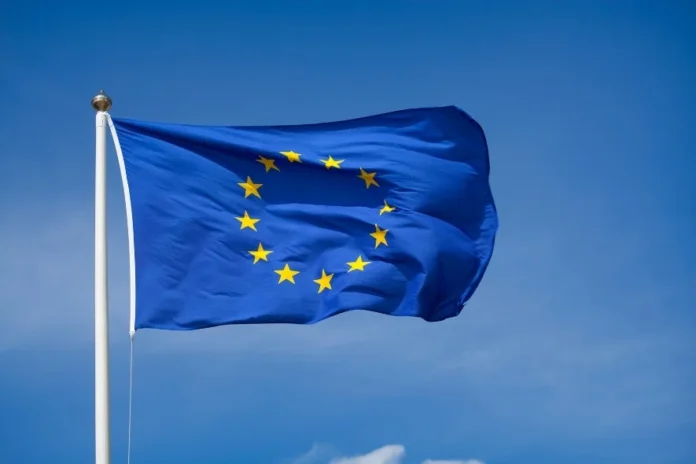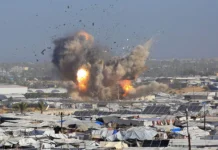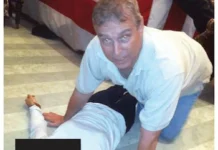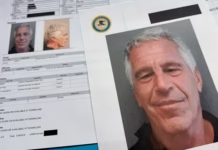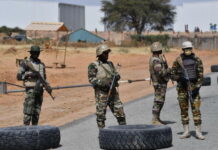The European Union on Thursday strongly condemned the escalating violence in Serbia and urged calm, following days of mass protests that have rocked the country and resulted in dozens of arrests.
In a statement posted on X, the EU delegation in Serbia called for restraint and respect for democratic rights after riot police clashed with demonstrators in Belgrade and other major cities. The protests, which began as a student-led movement, have morphed into a broad anti-government uprising, drawing 140,000 people to the streets last Saturday in one of Serbia’s largest rallies in over a decade.
“We strongly condemn all acts of hate and violence. The rights of peaceful demonstration, freedom of assembly and freedom of expression are to be upheld,” the EU said. It also urged Serbian authorities to ensure that police actions are proportionate and to launch a “swift, transparent, and credible” investigation into allegations of police brutality.
Since Saturday, demonstrators have blocked major roads using makeshift barricades, accusing the government of corruption, repression, and mishandling a series of national tragedies, including the collapse of a Novi Sad train station roof in November that killed 16 people. The protest movement, although driven by students, has gained wide public support. An April poll indicated 59% public backing, though the government disputes the figure.
Tensions flared late Wednesday when riot police forcibly cleared blockades, arresting nearly 80 people. Videos circulating on social media showed officers clashing with students outside university buildings. Authorities have denied using excessive force.
President Aleksandar Vučić, who has ruled for over 12 years, vowed not to yield to the protesters’ demands for early parliamentary elections, accusing demonstrators of being “foreign-funded agitators” attempting to destabilize the country. Vučić has made 220 media appearances in the first half of 2025 alone, using the platforms to discredit the movement.
The protests have also drawn international attention. On Wednesday, Serbian tennis icon Novak Djokovic, after a Wimbledon victory, performed the now-symbolic “Pumpaj” arm movement, signaling support for the demonstrators. It was the second time the Grand Slam champion has publicly backed the protest cause.
As tensions remain high, human rights groups and foreign observers are closely watching Serbia’s next steps, warning that how the government handles the crisis could impact its EU accession prospects and democratic standing.
Written By Rodney Mbua









